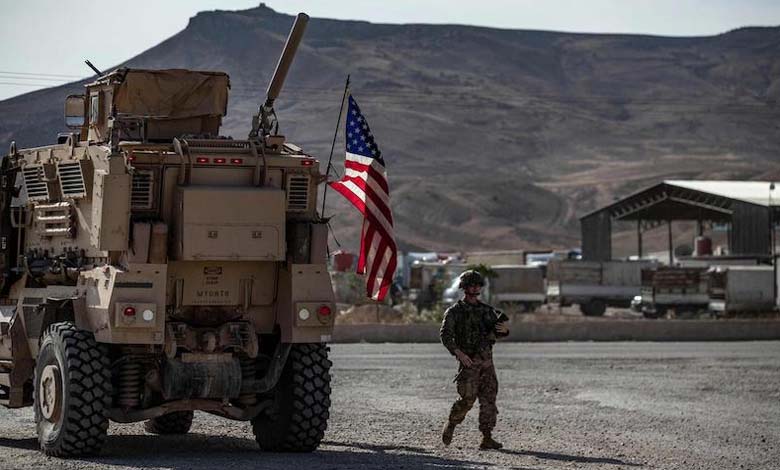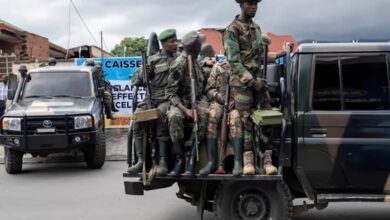Camps in Military Bases: The United States Races Against Time in the Migrant Battle

The United States is in a race against time to contain its escalating immigration crisis, prompting authorities to build accommodation camps inside military installations.
According to The Wall Street Journal, the U.S. Immigration and Customs Enforcement (ICE) agency has received an additional $45 billion in funding and is now working to set up large-scale camps across the country. The stated objective is to increase detention capacity from 40,000 to 100,000 beds by the end of the year.
-
Submarines, Missiles, and Fighters: A Comparison of Strategic Weapons between China and the United States
-
Communication Agreement: A Rare Intelligence Call Between Russia and the United States
Documents reviewed by the newspaper reveal that the agency is prioritizing the construction of large-scale facilities on military bases and ICE-run detention centers, including a 5,000-bed site at Fort Bliss, Texas, with additional locations planned in Colorado, Indiana, and New Jersey.
A senior ICE official told Reuters that the agency is considering all available options to expand bed capacity, including housing detainees on some military bases.
-
After 10 Years, the United States Struggles with the Spread of Terrorism in West Africa
-
After a Decade, Why Did the United States Decide to Withdraw Its Troops from Niger?
Preference for Republican-Led States
The report also notes that senior Department of Homeland Security (DHS) officials, including Secretary Kristi Noem, have expressed a preference for detention centers managed by Republican-led states and local governments over those operated by private prison companies.
Noem announced last week that she is in discussions with five Republican states to establish additional detention sites modeled after Florida’s “Alligator Alcatraz” facility. During a press conference in Florida, she said: “Several other states are already using Alcatraz-like models as a basis for cooperation with us.”
-
The United States is pursuing the Brotherhood’s Ahmed Haroun… What is the Sudanese army’s stance?
-
Congress votes on project to rescue the United States from Federal Shutdown
A Legal Victory for Trump
In a significant legal development, the U.S. Supreme Court recently sided with President Donald Trump’s administration in a case involving the deportation of migrants to third countries with which they have no direct ties.
The court overturned a lower court’s order that had protected eight men whom the administration sought to deport to South Sudan. The prior ruling required that migrants be given notice and a chance to argue that they risk torture in the designated third country.
-
The United States and France are entangled in the United Nations’ entanglement in the Middle East
-
The United States imposed sanctions on three individuals and a company based on Malta
The administration defended its “third country” deportation policy, stating that many home countries refuse to take back nationals who have committed crimes. Following DHS’s move in February to accelerate such deportations, several migrant rights organizations filed a class-action lawsuit aiming to halt removals without due process.
International Cooperation in the Works
U.S. Secretary of State Marco Rubio stated that the country is actively seeking third-party nations willing to receive irregular migrants. He cited El Salvador as a model and emphasized that the initiative is part of a broader strategy to enhance international collaboration in managing illegal migration.












